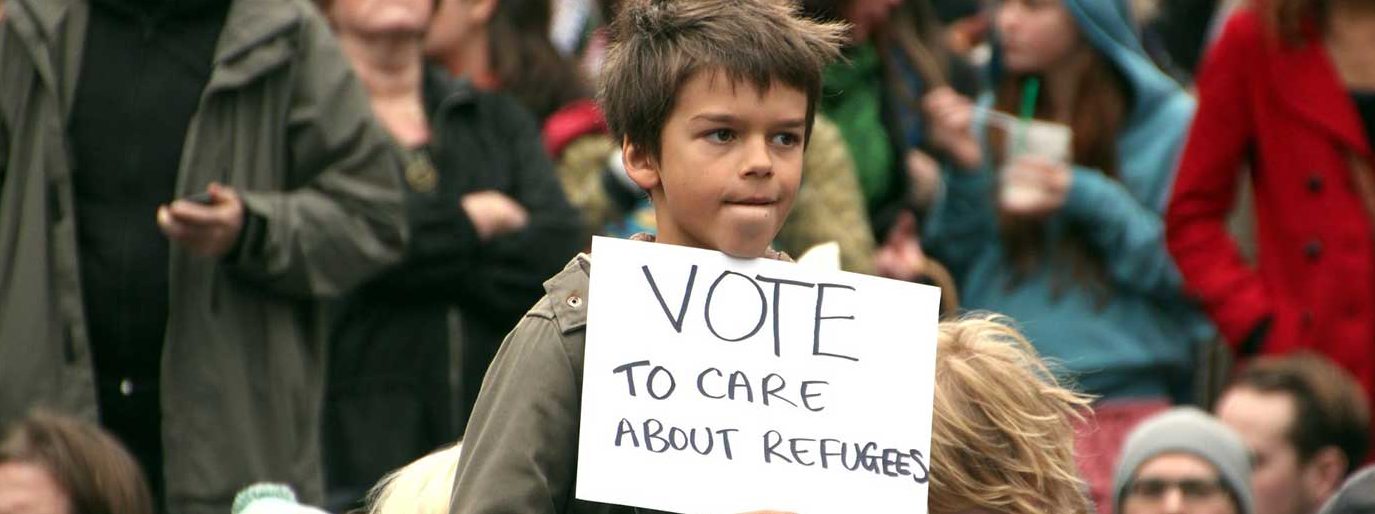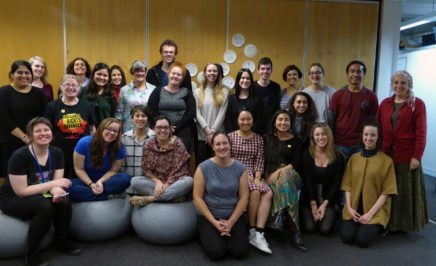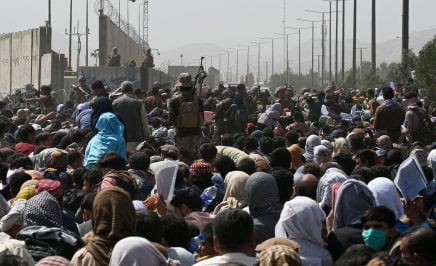For those fleeing violence and persecution and seeking protection in a far-off country, the journey is never easy one – in fact it’s more often a nightmare. When combined with constantly-shifting government policy and convoluted bureaucratic processes, that nightmare can be extended for years.
This has been the fate of around 24,000 asylum seekers who arrived in Australia by boat between August 2012 and December 2013. After being kept in limbo for years – not knowing whether or not they will be granted refugee status – another new bureaucratic policy change sees them suddenly facing restrictive deadlines to submit application form. Missing this deadline could have life-threatening implications.
Forever-shifting policies
This group of people, the so-called “legacy caseload”, are asylum seekers from countries such as Afghanistan, Iraq and Iran and have been subjected to a number of policy changes over the years, which have had a dramatic impact on their lives.
Initially, they had their processing suspended under former-Prime Minister Julia Gillard’s “No Advantage rule”. This saw some released from detention on bridging visas (initially with no work rights), some released into community detention and some remaining in detention. The apparent arbitrary nature of these decisions, the uncertainty, destitution and separation from family constantly playing on their minds.
With election of the Abbott government at the end of 2013 they were told they would finally be allowed to apply for protection, but only for a rolling three-year Temporary Protection Visa (TPV). It took over a year to get the TPV legislation through parliament (that now also includes the five-year Safe Haven Enterprise Visa) and was coupled with a new “Fast Track” processing system that included a very limited appeal mechanism to a newly-created Immigration Assessment Authority (IAA).
Essentially this has meant that if you don’t get everything right in your first application you risk being rejected, with almost no way to correct a mistake, give additional information and prove you are genuinely in need of protection. The implications of making an incorrect application, particularly for those that English isn’t their first language, are terrifying.
The new fast-track system began in July 2015 with the Department of Immigration (DIBP) sending out letters of invitation to complete the TPV form in batches, and telling others to wait until they received their invitation letter. Many raced to community legal organisations for assistance, only to find that with dramatic cuts to funding for these organisations, they were on waiting lists for what could take months.
An impossible task
Without legal assistance these individuals have been set an almost impossible task, a 60-page form with 101 questions, combined with a detailed statement of claims, all to be completed in English.
Until recently DIBP, acting in good faith, allowed people an extension to the deadline if they could show they were on a waiting list. Without warning however, this policy was changed and the 12,000 people still to apply were sent terrifying letters, stating that if applications were not made (often in very short time frames) they would face sanctions, including the loss of support payments, having their bridging visa and work rights revoked, losing access to Medicare and even having their right to seek asylum withdrawn.
Again, community legal organisations, such Refugee Legal in Melbourne, the Refugee Advice and Casework Service (RACS) in Sydney and others around the country have been inundated by desperate people, fearful after waiting four years to be able to make an application, they would now be excluded. These organisations are scrambling to help complete these forms as quickly as possible, but fears remain they will not be able to complete them all in time.
“Forcing people to apply under these time frames denies them the right to get essential legal help,” Refugee Legal’s executive director David Manne told SMH, “and the most obvious consequence of that is the real possibility of people not being able to make proper application, not getting a fair hearing and being deported to death or torture.”
Can you remember what you were doing in September or October 2012? Think of what you’ve achieved, what you’ve done with your life, with your family, over the last four years. Imagine if instead you’d been kept in limbo during that time, the threat of re-detention hanging over your head, separating you from your family, not knowing when you would finally be truly safe.
It is totally unacceptable that after all these years, all the delays, they may not be given the opportunity to put in an application that properly details their claims for protection. The consequences if they don’t get it right are truly life or death. The government must ensure that all those seeking protection are given this opportunity and that those organisations best placed to support them are appropriately funded and resourced.
We are calling on the government to immediately restore funding to community legal centres, enabling them time to finalise these applications, and to ensure those yet to make an application are given appropriate time to do so. This should include time to receive legal assistance. They should not be threatened with re-detention and loss of benefits during this time.









